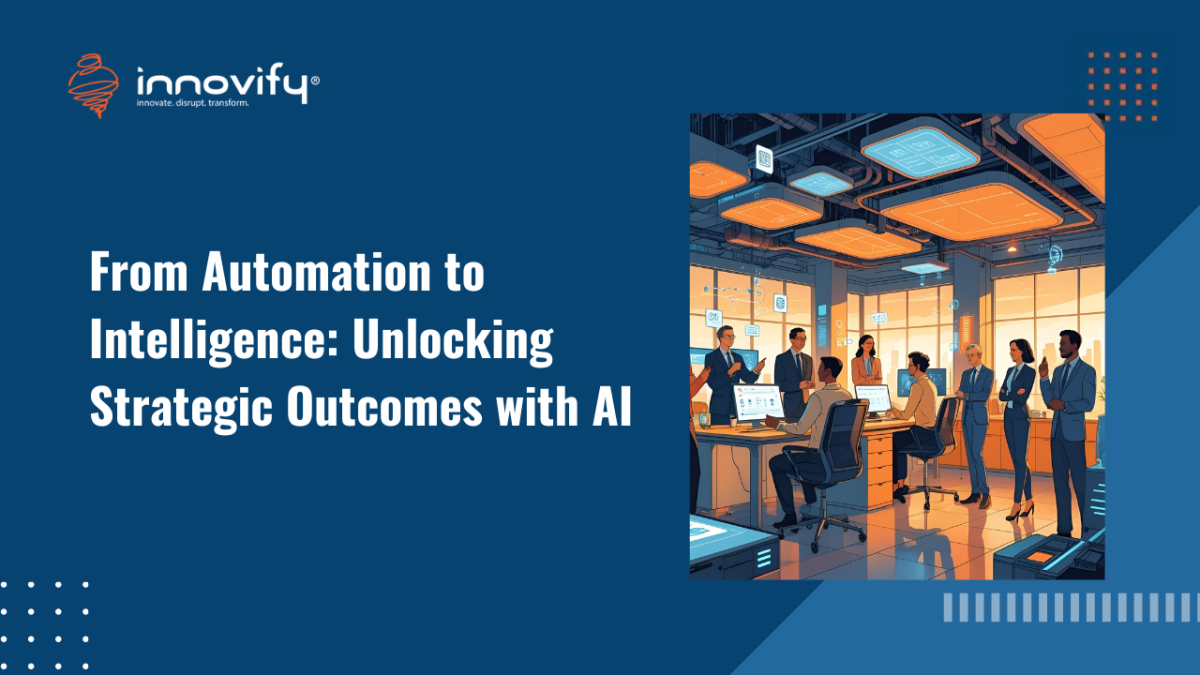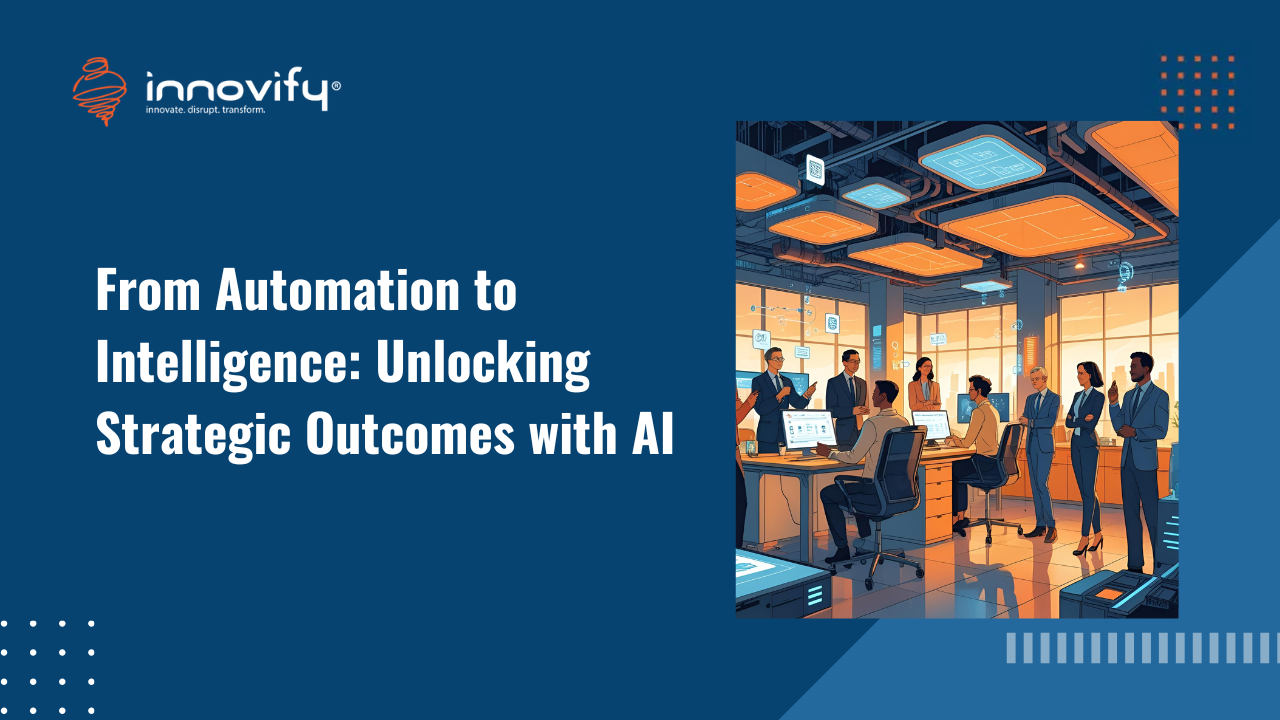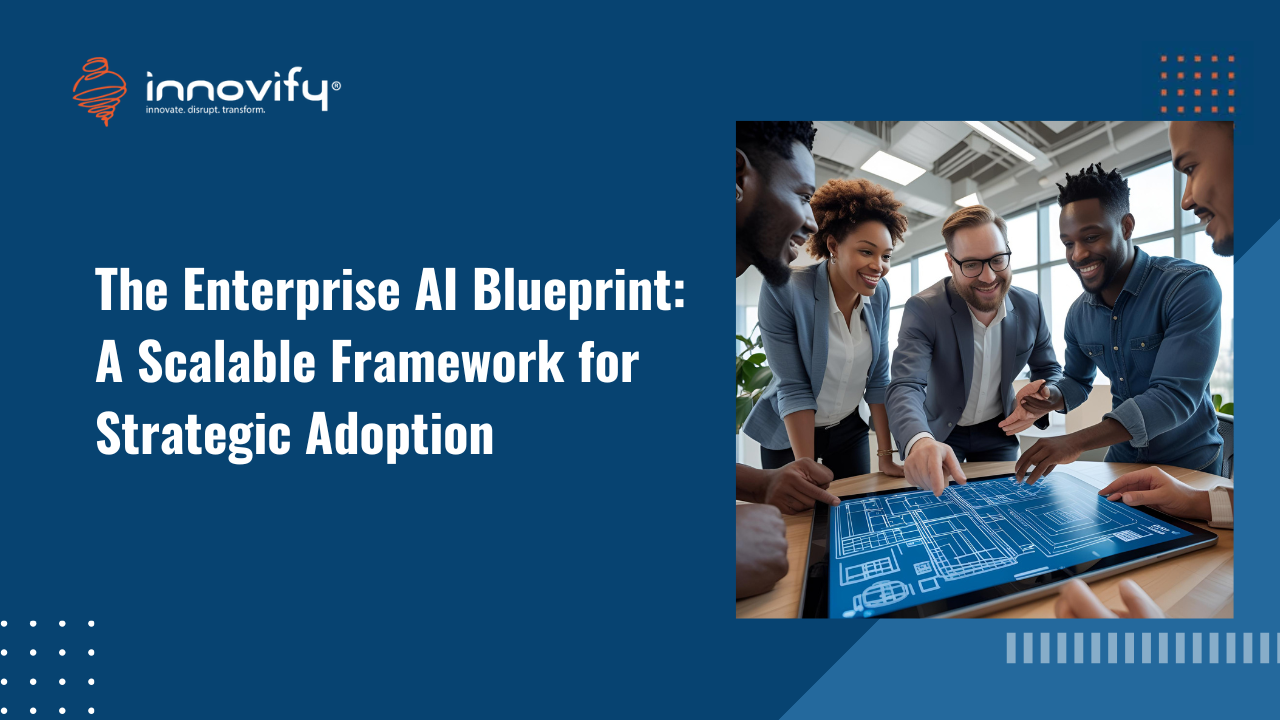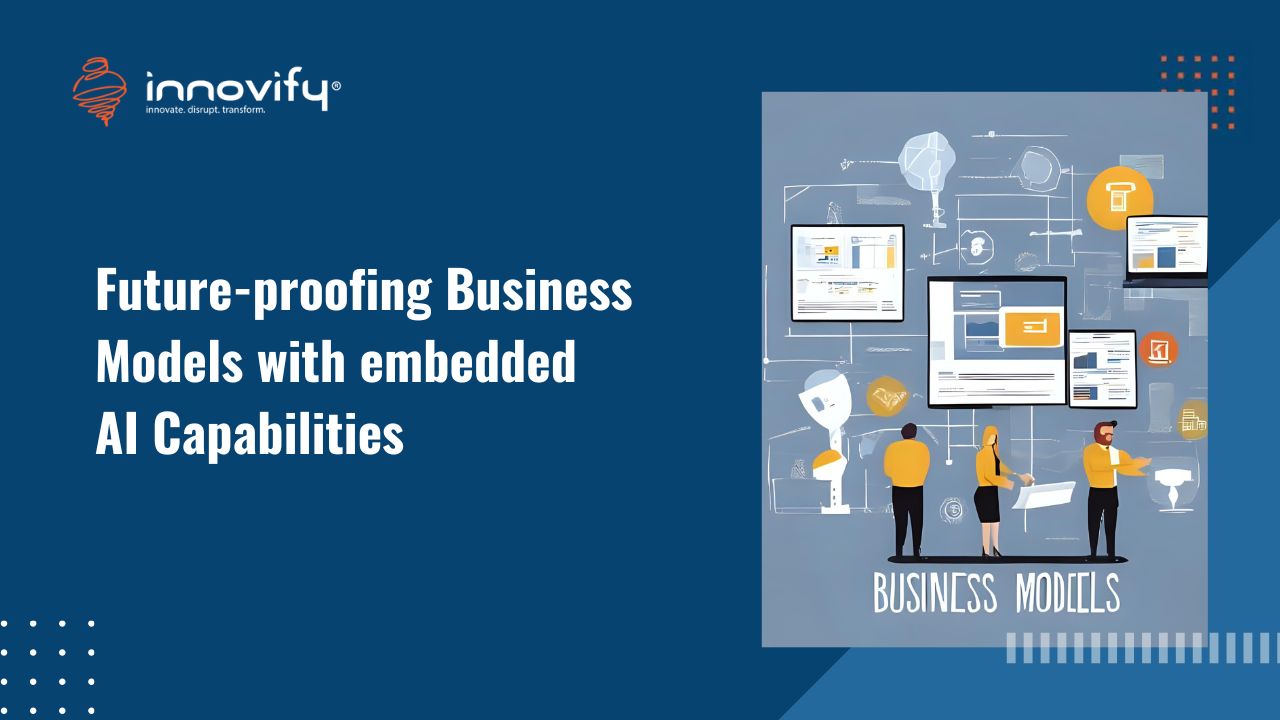Automation
From Automation to Intelligence: Unlocking Strategic Outcomes with A
Beyond RPA: intelligent automation for strategic business outcomes
For years, Robotic Process Automation (RPA) has been a foundational pillar of enterprise efficiency. By automating repetitive, rule-based tasks such as data entry, form processing, and report generation, RPA bots have delivered significant cost savings and reduced human error. However, as the digital landscape grows in complexity, a new challenge has emerged. While RPA excels at structured, predictable tasks, it struggles with the unstructured data and complex decision-making that define modern business. The next frontier of automation is not about simply following rules, but about learning, adapting, and making intelligent decisions. This is the promise of intelligent automation.
The Limitations of Traditional RPA
RPA is a powerful tool, but its fundamental nature is deterministic. If the rules of a process change or if it encounters a piece of unstructured data—like an email with an invoice attached—the RPA bot will halt. It lacks the cognitive ability to interpret context, extract relevant information from a free-form document, or make a decision based on incomplete data. This means a significant portion of business processes, those that require human judgment or handling of non-standard inputs, remain unautomated. Relying on RPA alone creates a ceiling on efficiency and prevents organizations from achieving true, end-to-end automation.
The Rise of Intelligent Automation
Intelligent automation (IA) is the evolution of RPA, combining it with cognitive technologies like Artificial Intelligence (AI), Machine Learning (ML), Natural Language Processing (NLP), and Computer Vision. This powerful fusion creates a new class of “digital workers” that can not only follow rules but also think, learn, and adapt. They can handle unstructured data, understand sentiment, and even predict outcomes. This move beyond RPA: intelligent automation for strategic business outcomes allows businesses to automate complex workflows that were previously deemed impossible.
Consider a financial services company processing loan applications. A traditional RPA bot could automate the data entry from a digital form into a back-end system. An intelligent automation solution, however, could do much more. Using NLP, it could read and interpret the content of submitted documents like bank statements and pay stubs, extracting key
financial data. It could then use machine learning to analyze the applicant’s credit history and risk profile, making a preliminary decision on the application. It could even flag discrepancies or potential fraud for a human analyst to review, thereby accelerating the entire process from weeks to hours and freeing up human talent to focus on more complex, high-value tasks.
Delivering Strategic Business Outcomes
The benefits of intelligent automation extend far beyond simple cost savings. By automating complex processes, IA drives strategic outcomes that are truly transformative:
- Improved Customer Experience: IA-powered chatbots and virtual assistants can resolve complex customer queries, offering personalized and immediate support 24/7, leading to higher satisfaction and loyalty.
- Enhanced Decision-Making: IA systems can analyze vast amounts of data in real-time, providing predictive insights that help business leaders make more informed and agile decisions about everything from supply chain management to market strategy.
- Increased Agility and Resilience: By automating key functions, businesses become more responsive to market changes and more resilient to disruptions.
- Empowered Workforce: Free from mundane, repetitive tasks, employees can focus on innovation, creativity, and strategic problem-solving, leading to higher engagement and productivity.
The transition to intelligent automation is a strategic imperative for any enterprise seeking to maintain a competitive edge. It requires a clear understanding of where and how AI can be integrated with existing automation efforts to create a seamless, intelligent workflow. It is the journey from simply automating tasks to fundamentally transforming business operations. Ready to move beyond RPA and achieve true strategic automation? Schedule a consultation with Innovify today




